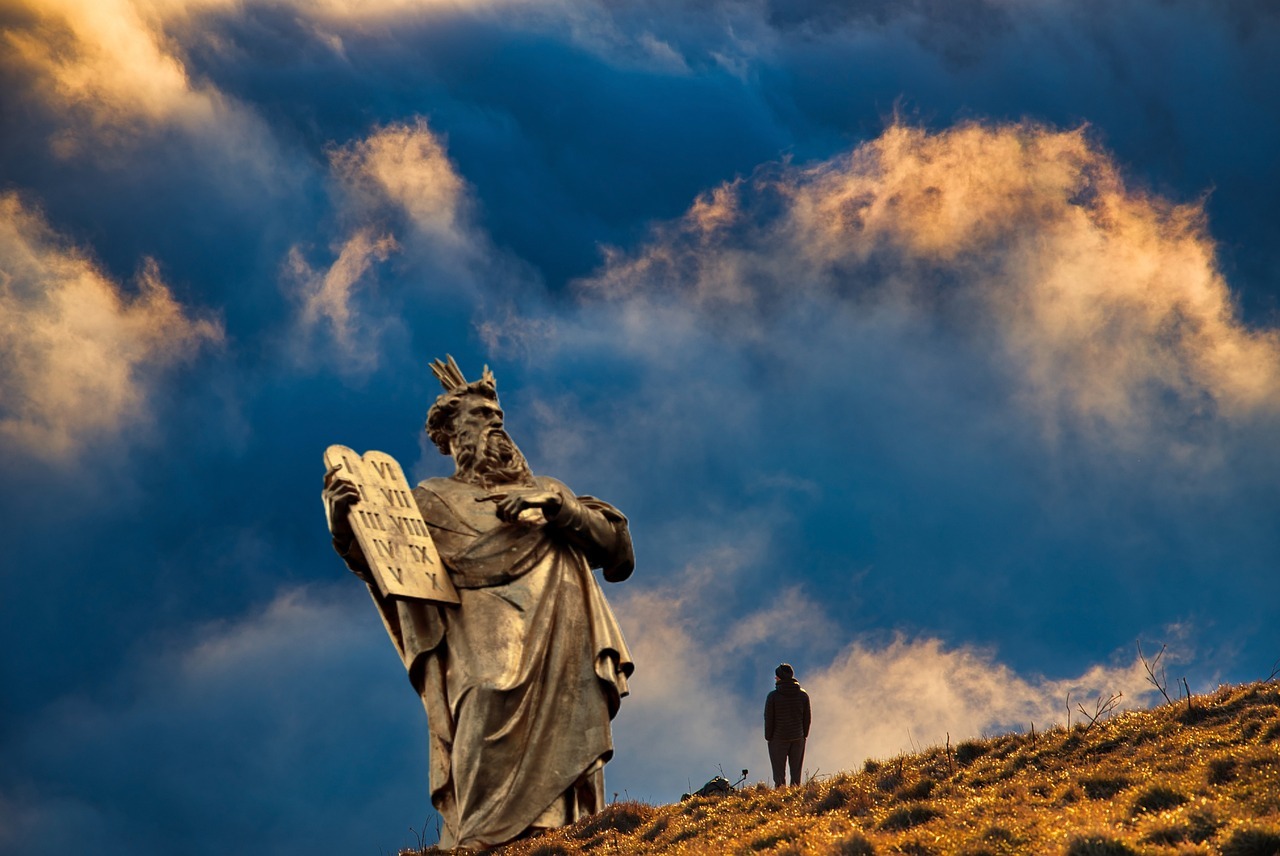Laws have been an essential aspect of human civilization since time immemorial. They are created to ensure order and promote justice in society. However, not all laws are created equal. Some laws are so peculiar that they leave you wondering about their origin and enforcement. From ancient times to the present day, the history of the legal system is filled with strange and bizarre laws that make us laugh, cringe, and question their purpose.
In this article, we delve into some of the strangest laws in history that are sure to leave you amazed and amused.
1. Beards were banned in Russia
Tsar Peter the Great, who reigned over Russia from 1682 to 1725, is known for his ambitious reforms aimed at modernizing the country and bringing it closer to the rest of Europe. Among his many initiatives was the banning of beards, which he saw as a symbol of the country’s backwardness and resistance to change.
The decree, issued in 1698, required all men to shave their beards and pay a special tax if they refused. While the ban was unpopular in some circles and sparked protests, it was ultimately successful in promoting a more European style of grooming.
2. No mince pie on Christmas Day
The consumption of mince pies in England has a rich history, dating back to medieval times. However, there was once a time when eating a mince pie was considered illegal. This occurred in 1644, during the English Civil War, when the Puritans banned all Christmas-related festivities.
As Christmas Day fell on a day of fasting, they viewed the consumption of mince pies as a violation of religious principles. Despite this brief period of prohibition, mince pies have remained a beloved holiday treat in England, enjoyed by many during the festive season.
3. Wearing a veil was a privilege
Back in ancient Assyria, the Assura Code included a law that dictated that women who were deemed honorable were required to cover their faces with a veil while in public. However, this privilege was not extended to women who were considered less honorable, such as slaves, servants, and prostitutes. If such a woman was found wearing a veil, she was subjected to a severe punishment, including public humiliation, physical abuse, and ultimately, death.
Although such laws may seem antiquated and barbaric by modern standards, they provide a valuable insight into the social norms and values of the ancient Assyrian civilization.
4. The King owns the whales in the UK
It is important for anyone intending to engage in fishing activities in the UK to be aware of the legal ownership of certain marine animals. The King owns all marine mammals, including whales, porpoises, and dolphins within the English coast.
In Scotland, any whale over 25 feet long is also under the monarch’s ownership. This historical right dates back to the reign of Edward II and is still legally binding today. As such, it is crucial for anglers to respect these laws and regulations to avoid any potential legal complications.
5. Dying could be illegal
It may seem implausible, but there have been instances throughout history in which countries have implemented laws that make dying illegal. The earliest known example of this dates back to the 5th Century BC on Delos, an island civilization in Greece.
The island was considered sacred by the ancient Greeks and was therefore deemed in need of purification to make it an appropriate place of worship. In order to achieve this, all dead bodies in visible graves were dug up and removed, followed by a decree from the Delphic Oracle that made death and even giving birth illegal on the entire island.
6. Rape is a crime only when committed outside the home
The Nesilim, also known as the Hittites, were an ancient civilization that developed their own legal code dating back to 1650-1500 BC. This code included some unusual laws, such as the punishment for rape. While the rape of a woman was considered a crime punishable by death, this penalty only applied if the rape occurred outside of the victim’s home. If the assault took place within the woman’s own dwelling, she was considered guilty and subject to execution instead of the perpetrator.
7. Football in England used to be banned by the King
Football, a sport that has been enjoyed for centuries, has faced numerous bans throughout history. In 1314, King Edward III banned the game within the London city walls due to merchants complaining that the games interfered with their business and affected their trade.
The ban was followed by succeeding kings, including Richard II and Henry IV, usually citing interference with mandatory archery practice. Even Henry VIII, who ordered the first pair of football boots, attempted to ban the sport.
8. Death penalty for every crime
Draco of Thessaly, a prominent figure in ancient Greek history, is credited with being the architect of the first laws of Athens, established around 621 B.C. His draconian code, while simple in design, was notoriously harsh. The code was based on a single sentence: the death penalty. This punishment was applied to a range of offenses, including theft and tax evasion.
Despite the severity of the laws, it is unclear whether they were effective in deterring crime. After Draco’s tenure, his successor Solon took steps to mitigate the harshness of the code, ultimately removing all but the death penalty for murder.
9. Kidnapping unaccompanied women was not a crime
The Ur-Nammu Code drafted between 2100 and 2050 BC served as the guiding set of laws during the Sumerian civilization. One of the most notable laws in the Ur-Nammu Code concerns the punishment for kidnapping. If both the kidnapper and the abductee were free men, the punishment was death. However, if the abductee was a slave, the sentence was a monetary fine.
Meanwhile, if the kidnapped person was a woman, the perpetrator could claim that she was found alone in the street and could not be identified as belonging to anyone.
10. Thou shall not take thy neighbor’s grain
The Law of the Twelve Tables is considered to be the earliest known legal code to have been drafted in Rome, dated around 450 B.C. One of the significant laws set forth in this code was the severe punishment for those who cut or picked up another individual’s grain. It was stipulated that the offender would be sacrificed to the goddess Ceres after their death, provided they were an adult.
However, in cases where the offender was not an adult, the penalty was to restore double the amount of grain that was taken.



